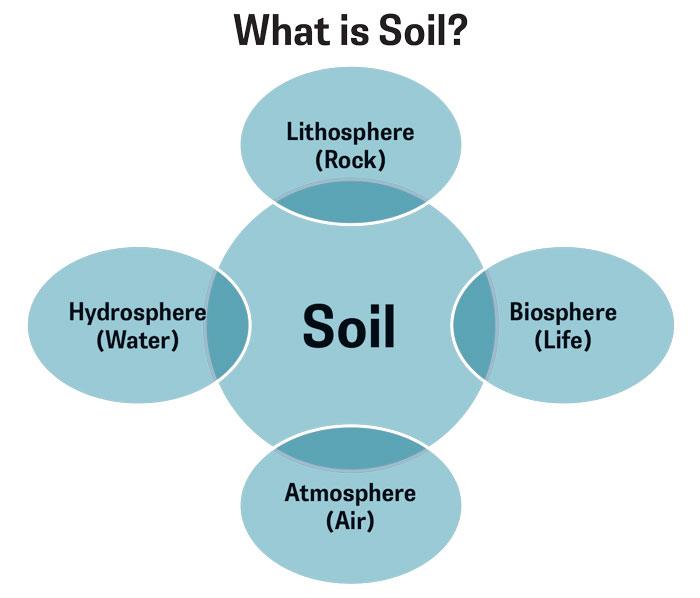No-Till Farmer
Get full access NOW to the most comprehensive, powerful and easy-to-use online resource for no-tillage practices. Just one good idea will pay for your subscription hundreds of times over.

In 2021, this cover crop mix was seeded into V5 corn no-tilled in 60-inch rows on the Menoken Farm in Menoken, N.D. Fuhrer says 2021 was D4 drought, the most severe rating, and this was the "last corn field standing." Jay Fuhrer
Editor’s Note: Jay Fuhrer, retired NRCS soil health specialist and conservationist at the Menoken Farm demonstration farm in Menoken, N.D., wrote the 5 principles of soil health. In this series, Fuhrer explains each principle and provides an on-farm example of the theory in practice. In the first installment of this series, Fuhrer examines soil health principle 1: soil armor.
Agriculture has a long history of bare soils, even contributing to the downfall of past civilizations. Bare soils come with several challenges — such as prone to wind and water erosion, temperature extremes, moisture extremes, rainfall compaction and salinity — and many times reflect the losing end of the carbon cycle. The soils we enjoy today were not built by this management type. Instead, our soils were primarily built over geological time by perennial grasslands and forests, along with microbes, ruminant animals and predators, while throwing in an occasional glacier and volcano. Soils are the interface of the atmosphere (soil air), biosphere (organic matter and biomass), lithosphere (soil particles) and hydrosphere (soil water), according to The Nature and Properties of Soils. The importance of soil cannot be overstated.

Soils are the interface of the atmosphere (soil air), biosphere (organic matter and biomass), lithosphere (soil particles) and hydrosphere (soil water), according to The Nature and Properties of Soils. “The importance of soil cannot be overstated,” says Jay Fuhrer, conservationist at the Menoken demonstration farm in North Dakota. “We need to manage bare soil challenges if our goal is soil…